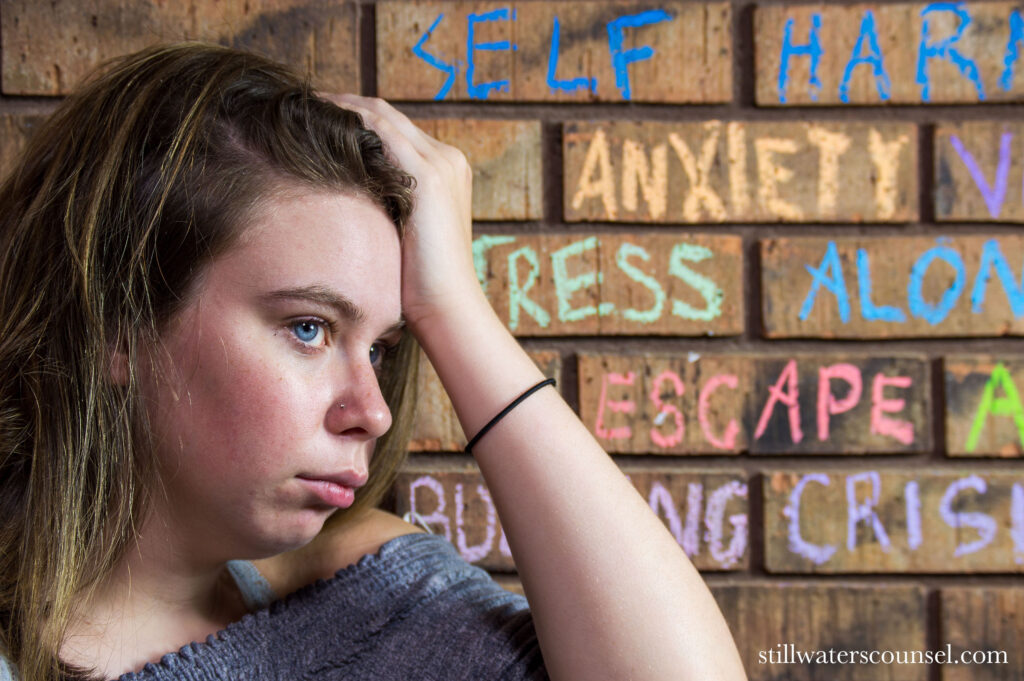
Depression and anxiety are two of the most common mental health disorders, affecting millions of people worldwide. Symptoms and severity also vary widely, from contextually appropriate sadness (i.e. after a loss, during a transition or move) to being nervous about a new situation (starting a new job, going on a first date) to debilitating panic attacks and not being able to get out of bed for a shower. While talk therapy and lifestyle changes are helpful, how can you tell when it’s time to add medication to your treatment approach for depression or anxiety?
Here are some factors to consider:
1. Severity of Symptoms: If you are experiencing severe symptoms such as thoughts of self-harm, suicide, or panic attacks, medication may be necessary to manage these symptoms and prevent further harm. Additionally, if the severity of the symptoms you’re experiencing are impacting your ability to take care of yourself in other ways (i.e. cook food for yourself, get regular exercise, sleep well), medications can be tremendously helpful to help manage symptoms so that you can build yourself up in other ways.
2. Impact on Daily Life: If your symptoms are interfering with your ability to function in your daily life, such as going to work or school, taking care of yourself or your family, or maintaining relationships, medication may be an excellent tool to help manage symptoms and improve functioning. As above, medications can help reduce symptoms so that you’re able to show up for activities and relationships that are supportive of your overall health.
3. Duration of Symptoms: If you have been experiencing symptoms for an extended period (months), and they are not improving (or have improved some, but not sufficiently) with lifestyle changes or talk therapy, medication can help address an underlying chemical or physiological imbalance.
4. Co-Occurring Conditions: If you have other medical conditions, such as chronic pain or a substance use disorder, that are impacting your mental health symptoms, medication can help to manage both effectively. Many folks who start taking prescription medications report that they use recreational substances less frequently – they simply don’t crave or need these substances in the same way anymore.
5. Personal Choice: Ultimately, the decision to take medication for depression or anxiety is a personal one that should be made in collaboration with a mental health provider. It is important to weigh the benefits and risks of medication and consider your personal preferences and values.
Of course, medication isn’t meant to be a stand-alone treatment for depression, anxiety, or other mental health concerns. It is best used in conjunction with talk therapy, lifestyle changes, and other supportive measures.

Dr Katherine is here to answer any questions you have about medication, and to help you decide whether or not medication is an appropriate tool for you. As a naturopathic doctor, she also has an enormous toolkit full of other ways to support your mental health.

Leave a Reply